Acts 2:14a, 36-41; Ps. 23:1-3a, 3b-6; 1Peter 2:20b-25; Jn. 10:1-10
The Good Shepherd has called us by name to “Save yourself from this corrupt generation…which does not enter the sheepfold through the gate but climbs over elsewhere is a thief and a robber.” When Peter stood up and proclaimed to his generation “this Jesus whom you crucified…they were cut to the heart”. Salvation come through repentance and baptism but first the word of God must cut to the heart and reveal our sin before us. Sin is the thief and robber that climbs into our lives unsuspectingly to steal our hearts with temptation until we become “normalized” by a corrupt generation.
The sin of each generation is a thief and robber in search of souls for a self-indulgence trying to feed on the pleasure principle, “if it feels good then indulge” until it becomes toxic but by then the heart is compromised and it stands at the gate holding us in bondage to “steal, slaughter and destroy”. The thief lays the “feel good bag of goodies” to savor but it is our response that is the sin we possess. Fault always is personal to be rejected with virtue. Corruption came from the beginning, the genesis of sin after creation by free will and it remains “mia culpa” by our choice. “For you have gone astray as sheep” but now we hear the voice of truth to lead us back.
Truth leads to wisdom of a greater understanding beyond ourselves. It is not about “me” it is about salvation for “us”. Easter is this gift of salvation in Jesus giving of himself for us in his passion, death and resurrection that all may be saved through the “good shepherd”. Jesus proclaims “I know my sheep, and mine know me.” How does Jesus recognize his “sheep” and how do we recognize our Lord? We are recognized in being “patient when you suffer for doing what is good, this is a grace before God”. Jesus is the example we should follow that he may see himself in us. In this Jesus recognizes his own who are responding to evil with good. How then do we know Jesus? Jesus revelation comes in the voice of truth that cuts to our hearts “and the sheep follow him”. The voice of the shepherd burns in the hearts of his sheep, it cannot be denied.
“The Lord is my shepherd; there is nothing I shall want”. The people of Israel sought freedom he gave them salvation. They sought a king for this earth and he gave them a kingdom in heaven. They wanted someone to rule over them and he gave them a shepherd to follow. They wanted to conquer other people and he gave them the power to conquer their own corruption. What do we “want” from the Lord? We seek freedom from disease and pandemics he gives us salvation from sin. We want to preserve our kingdoms we have built and he promises one in heaven. We want leaders for nations to rule and he gives us himself calling us to follow his example. We want to conquer in this world all our enemies and we are given the power to conquer the enemy of the world and victory over death. Jesus is the promise of life more abundantly.
The abundant life in Jesus Christ is the good news! In him is our courage to “walk in the dark valley, I fear no evil”. The corruption of each generation remains in a kingdom not our own but the Lord has called us by name and if “today you hear his voice harden not your hearts” salvation is at your doorstep. Our heads are anointed with oil of salvation at baptism and we receive the gift of the Holy Spirit to keep our hearts burning for truth, goodness, beauty and unity in one God, Father, Son, and Holy Spirit. Open the doors of our hearts to “dwell in the house of the Lord for years to come”. Today we pray for the doors to the church to be opened and a return to the banquet of the Lord in the Eucharist until we enter the heavenly banquet closer to us than we recognize in the mystery of faith. The call of the Good Shepherd is “follow me”.
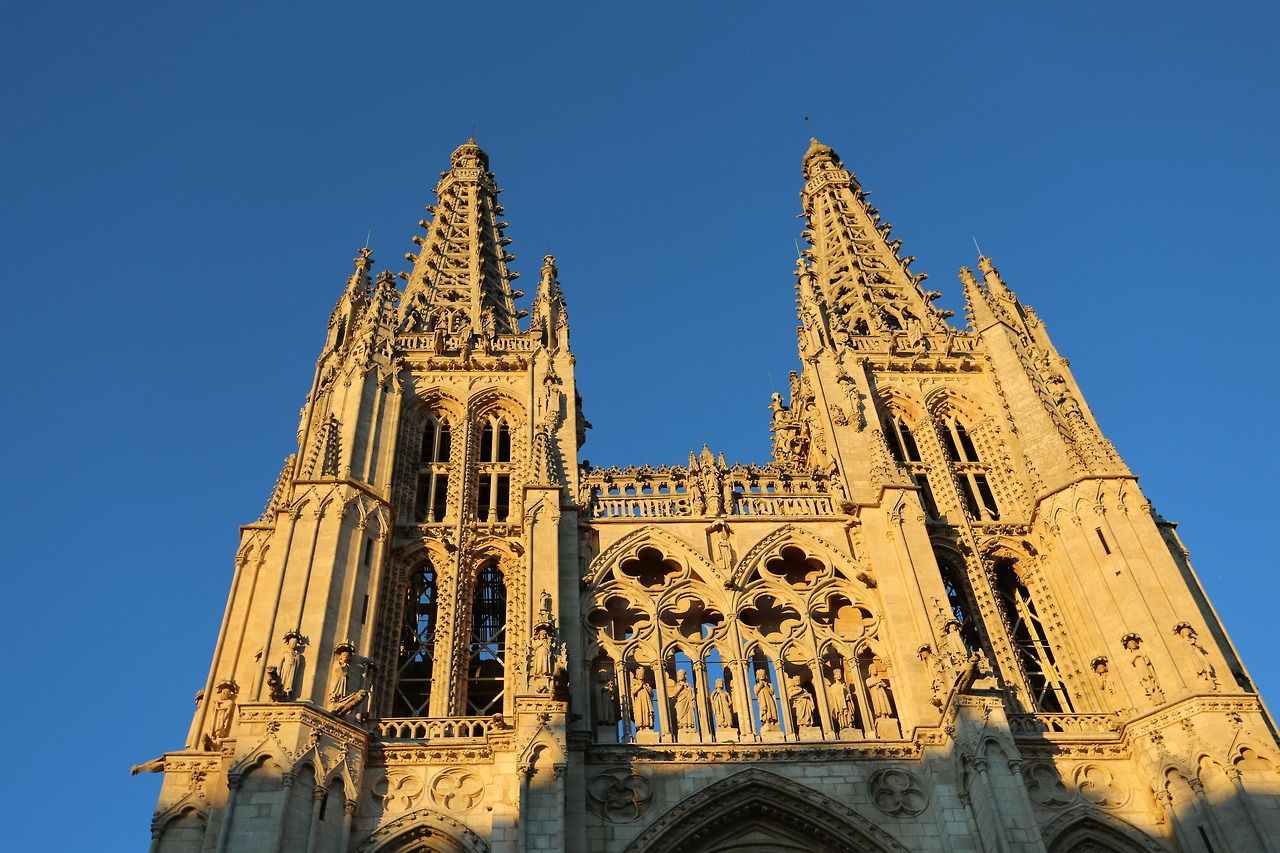


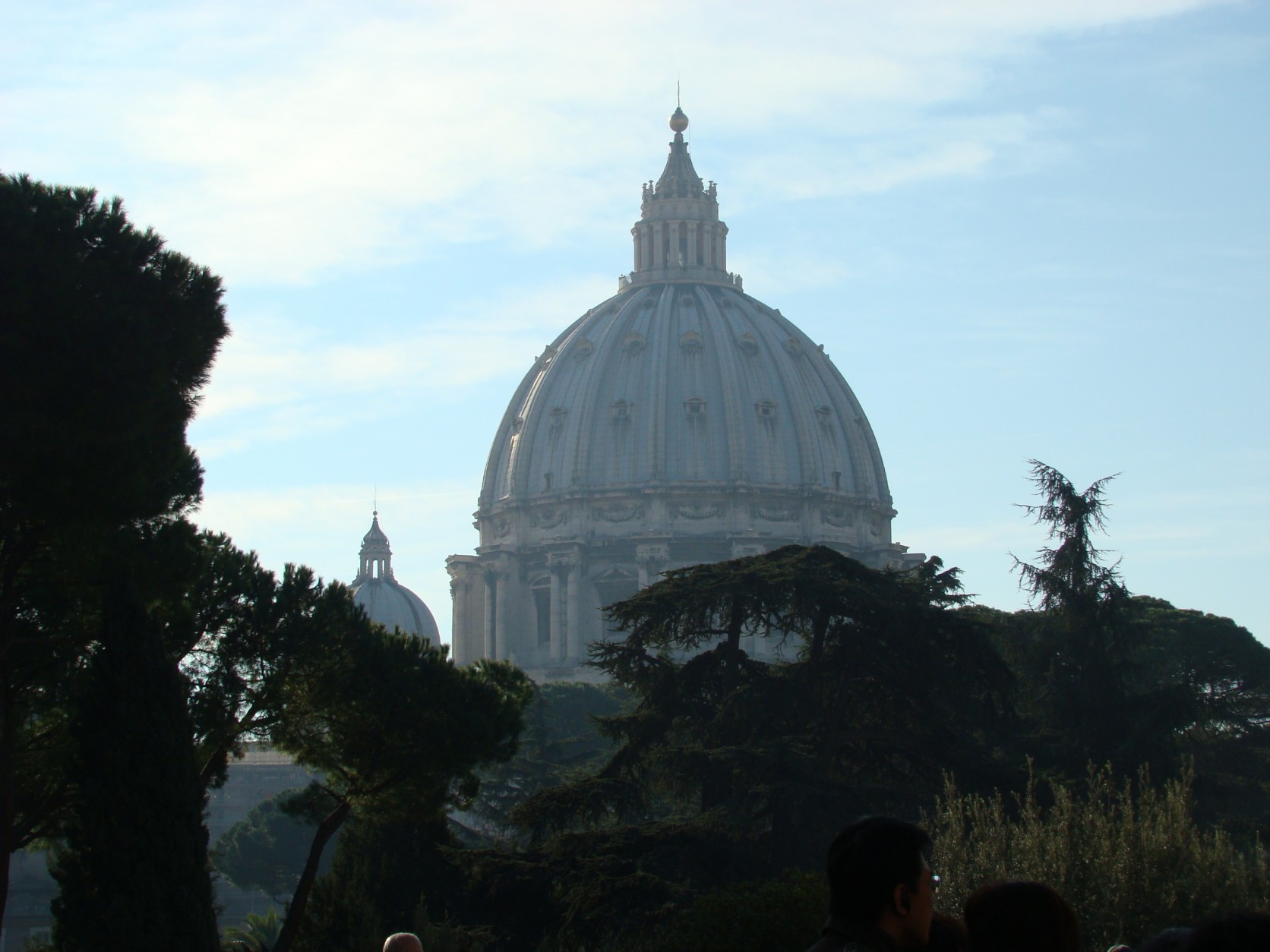

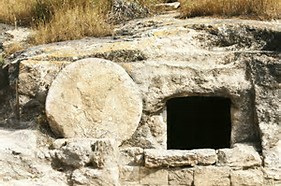

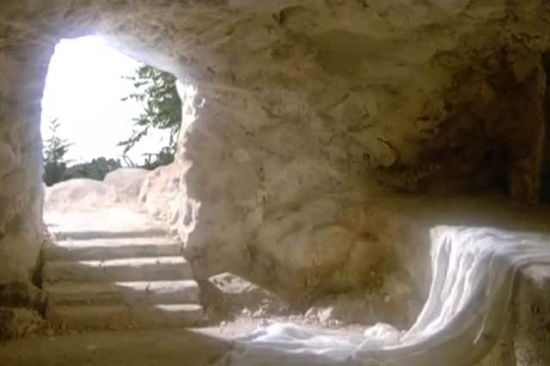

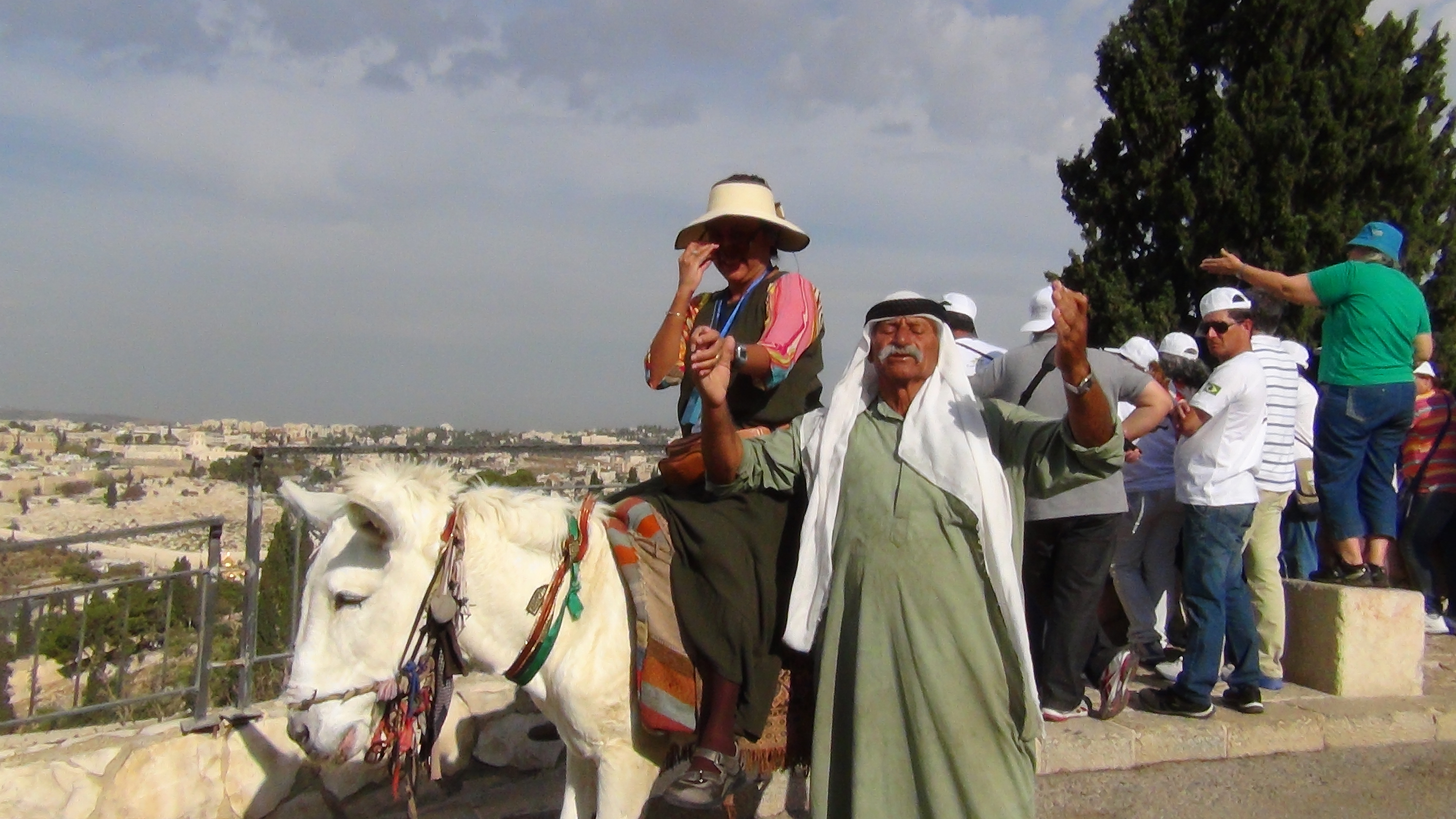

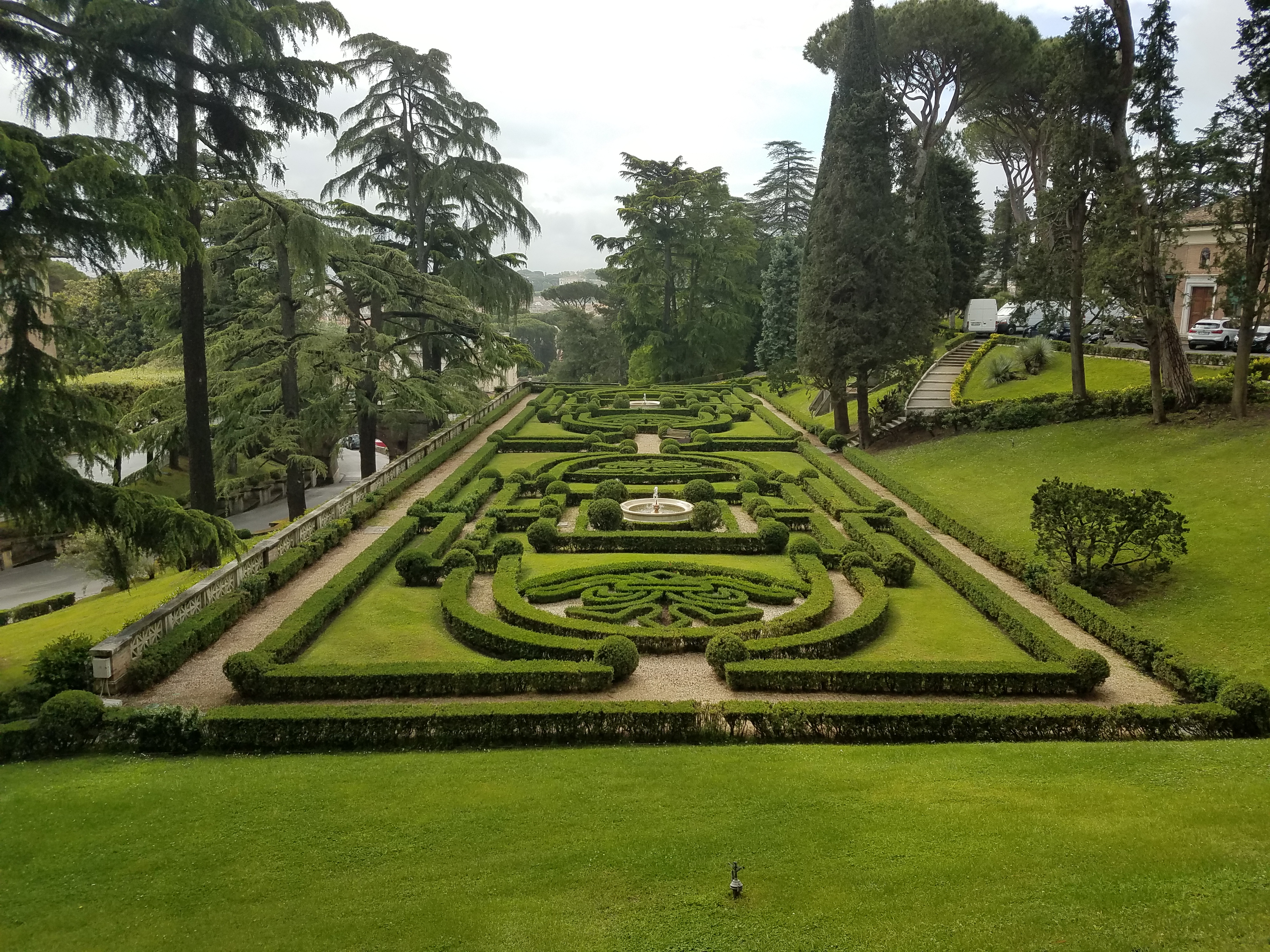

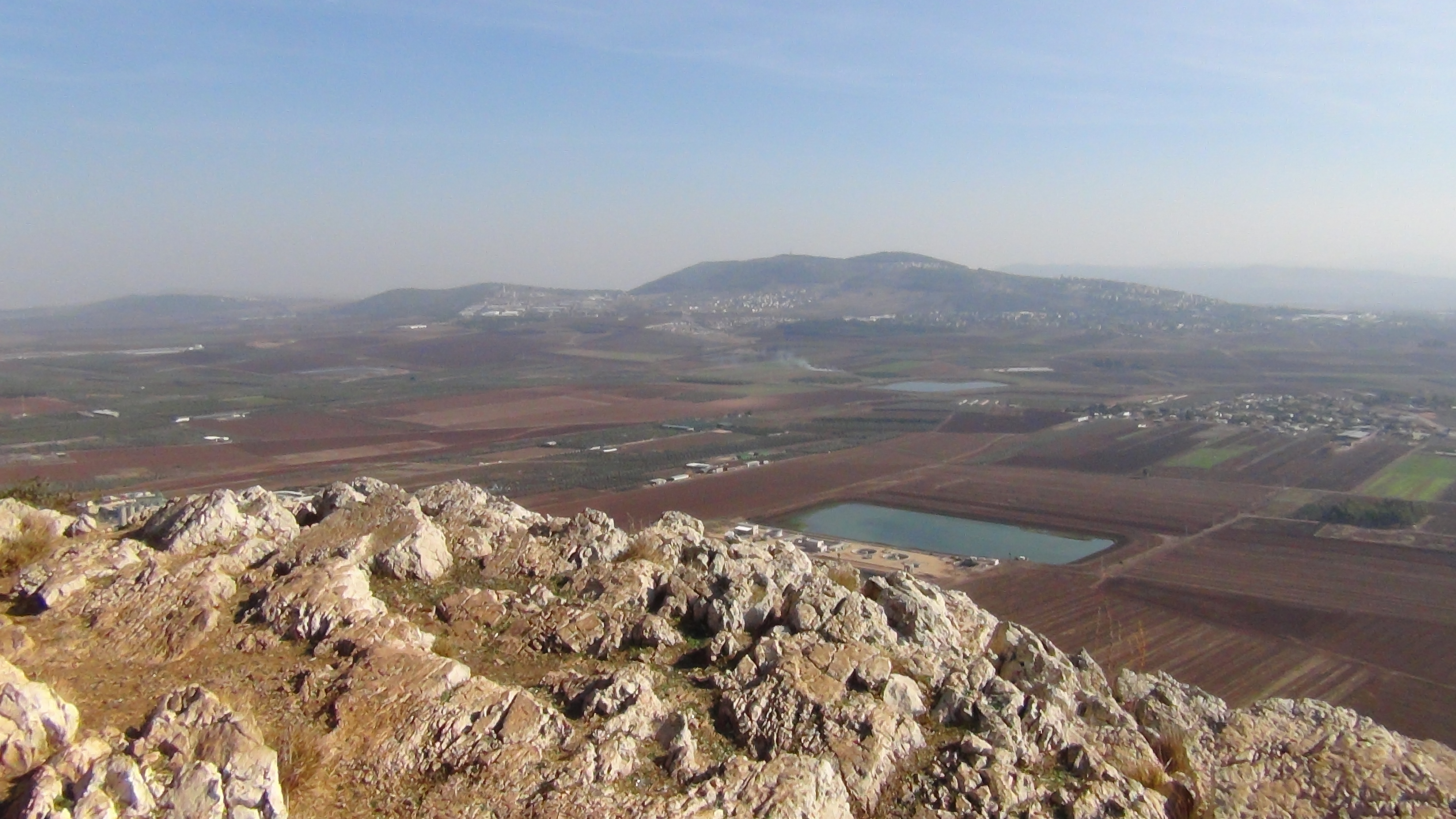

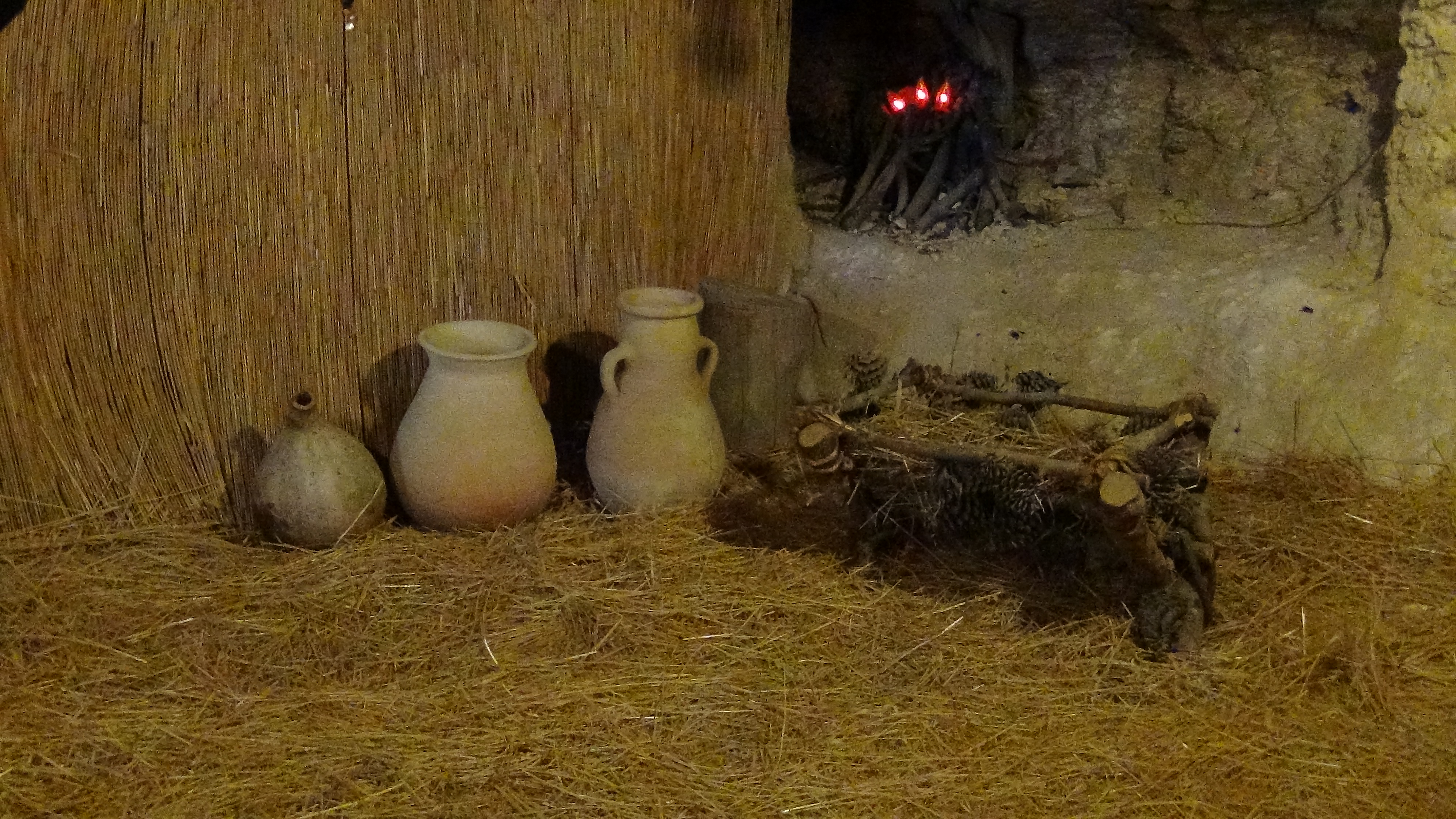

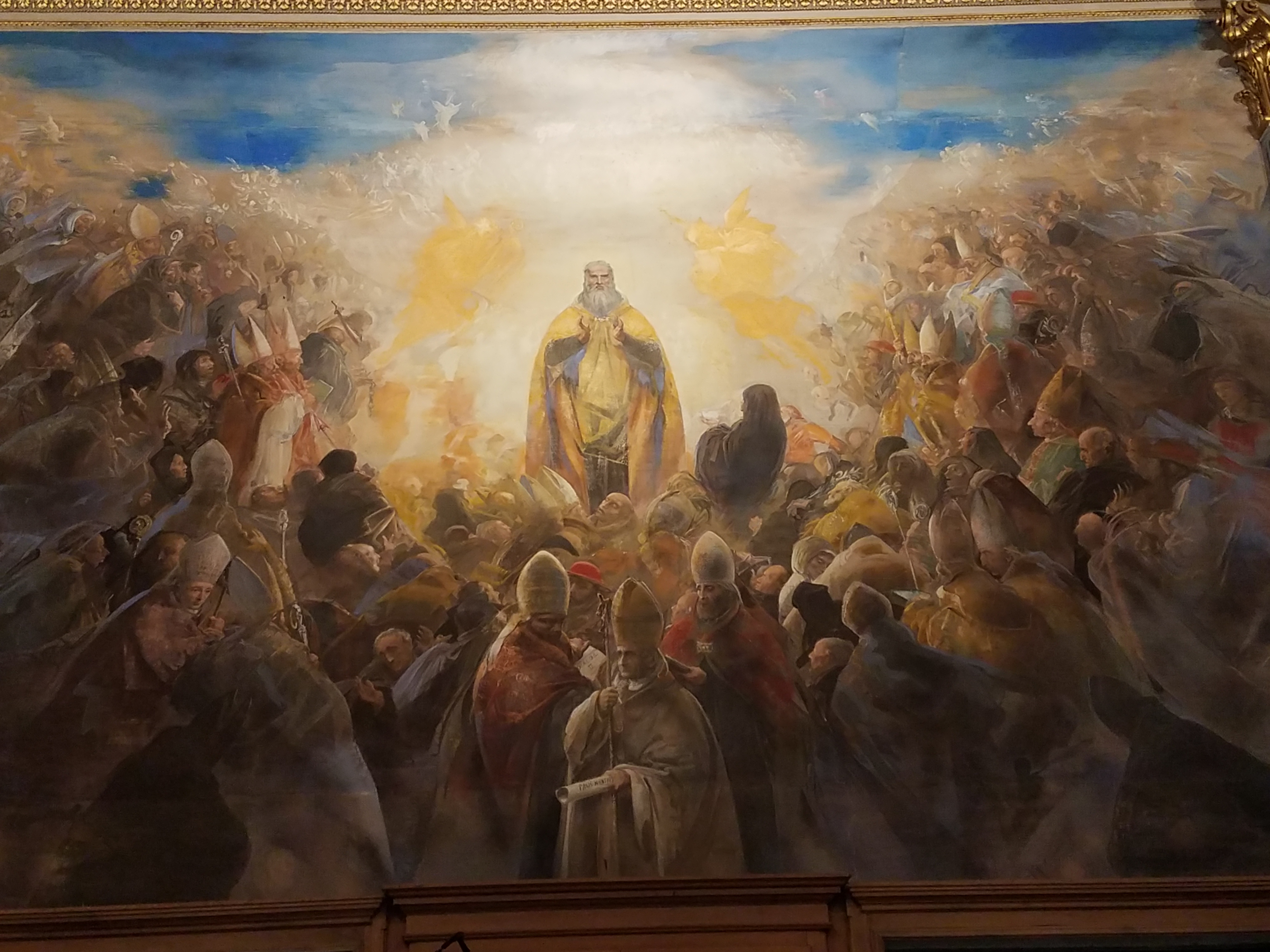


Recent Comments